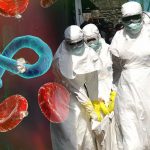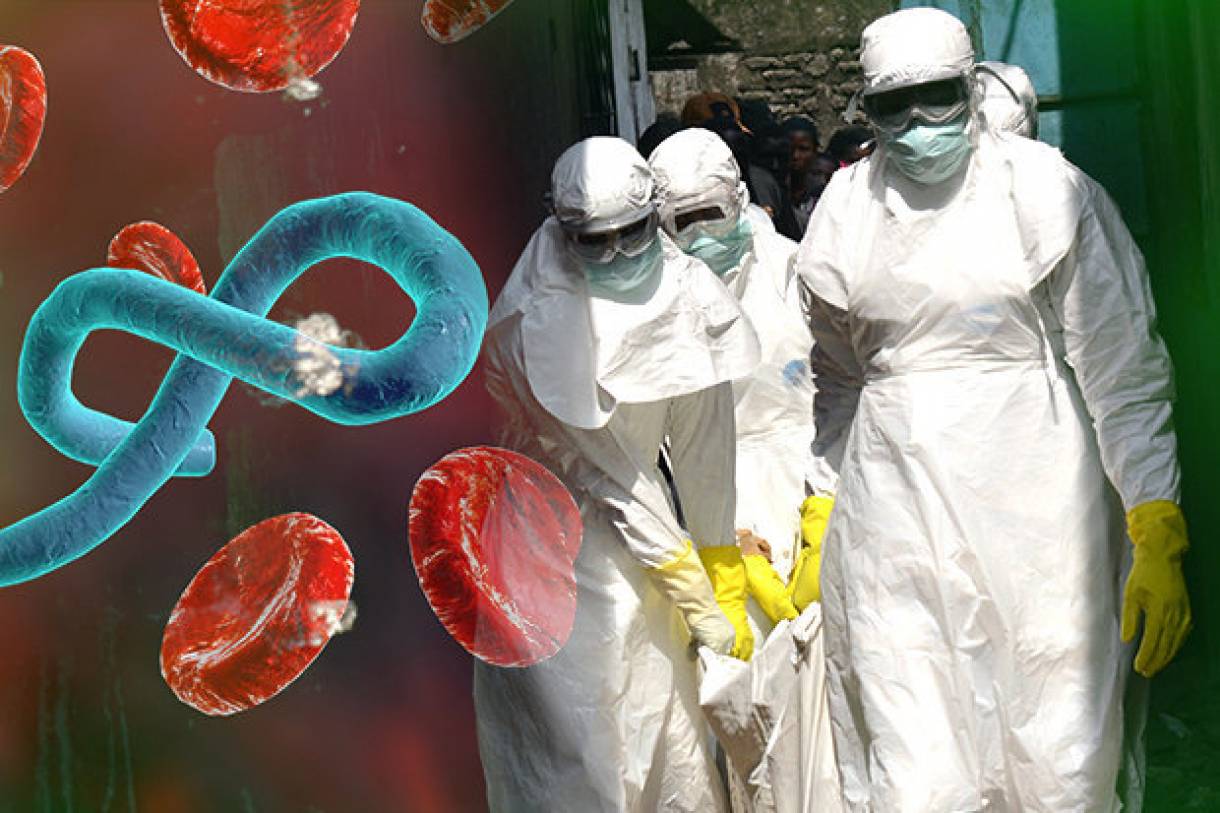The 50-year-old woman who died on Wednesday night was the grandmother of a 5-year-old boy who became the country’s first victim of the highly infectious virus after returning from a trip to Congo, where over 1,000 people had died in the latest outbreak.
A 3-year-old child was also confirmed to have the disease and is still hospitalised.
Seven other people suspected of having Ebola are also in an isolation ward near the border with north-east Congo.
“She passed on yesterday at Bwera health centre but the baby, her grandson, is still alive,’’ health ministry spokesman Emmanuel Ainebyoona told dpa.
The government has stepped up health control measures among communities along the Congo border.
These include urging people to wash their hands with soap, avoid shaking hands or hugging and report people with Ebola-like symptoms.
Authorities are also telling people to avoid large gatherings in places of worship and at markets, as well as funerals and weddings.
According to the Center for Disease Control, Ebola virus was first discovered in 1976 near the Ebola River in what is now the Democratic Republic of Congo. Since then, the virus has been infecting people from time to time, leading to outbreaks in several African countries. Scientists do not know where Ebola virus comes from. However, based on the nature of similar viruses, they believe the virus is animal-borne, with bats being the most likely source. The bats carrying the virus can transmit it to other animals, like apes, monkeys, duikers and humans.
Ebola virus spreads to people through direct contact with bodily fluids of a person who is sick with or has died from EVD. This can occur when a person touches the infected body fluids (or objects that are contaminated with them), and the virus gets in through broken skin or mucous membranes in the eyes, nose, or mouth. The virus can also spread to people through direct contact with the blood, body fluids and tissues of infected fruit bats or primates. People can get the virus through sexual contact as well.
Recovery from EVD depends on good supportive care and the patient’s immune response. Those who do recover develop antibodies that can last 10 years, possibly longer. It is not known if people who recover are immune for life or if they can later become infected with a different species of Ebola virus. Some survivors may have long-term complications, such as joint and vision problems.

Courtesy: CBC
Courtesy: Nation





















